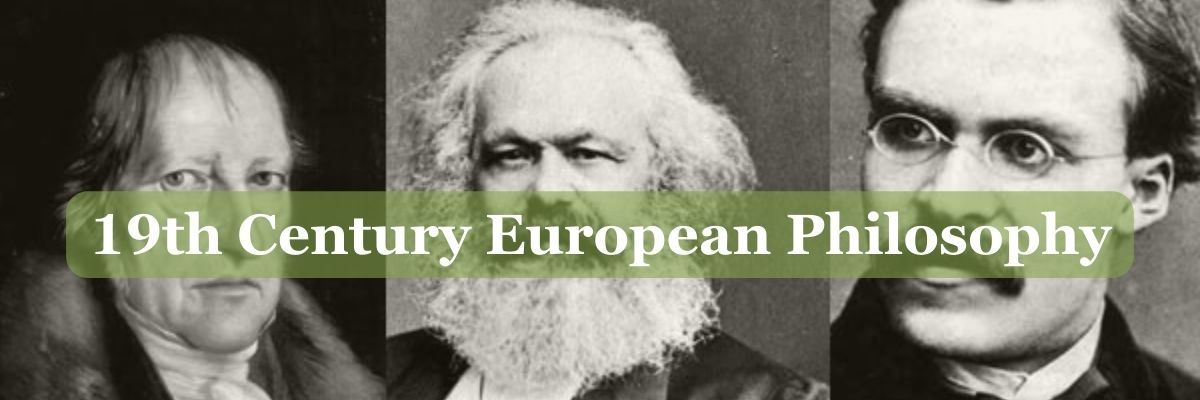
In this course, we explore the fundamental question “What is a good life?” by drawing on Western and Asian (Indian and Chinese) philosophical traditions. Students will engage with diverse perspectives on human flourishing, happiness, and meaning, examining how different cultural and historical contexts shape our understanding of what constitutes a good life. By critically engaging with thinkers from different philosophical traditions, students will develop skills to evaluate what constitutes a good life, as well as to examine their own assumptions and beliefs about the nature of a good life. By the end of the semester, students will have gained a broad perspective on this timeless question and developed the analytical tools to continue exploring it throughout their lives.
- Instructor: Lee Ling Ting

This course focuses on contemporary and perennial questions about love and sexuality. What is love, and why are our romantic relationships so important to us? Are friendships and romantic relationships really that different? What, if any, is the relationship between love and sex? Are our current norms and practices surrounding sex good ones to have, or are there other ways we should be approaching sexuality? We will explore topics such as romantic love, friendship, the nature of sex and sexuality, sexual ethics, taboos, and sexual identity through student-led discussions and deep engagement with philosophical texts.
- Instructor: Rebecca Harrison

This course focuses on contemporary and perennial questions about love and sexuality. What is love, and why are our romantic relationships so important to us? Are friendships and romantic relationships really that different? What, if any, is the relationship between love and sex? Are our current norms and practices surrounding sex good ones to have, or are there other ways we should be approaching sexuality? We will explore topics such as romantic love, friendship, the nature of sex and sexuality, sexual ethics, taboos, and sexual identity through student-led discussions and deep engagement with philosophical texts.
- Instructor: Rebecca Harrison
- Instructor: Kathryn Pendoley

19th Century European thought, sometimes referred to specifically as “post-Kantian” philosophy, was distinctively shaped by responses to Immanuel Kant’s work on epistemology, metaphysics, ethics, and aesthetics. After introducing the conceptual landscape via an overview of Kant’s work, this course will focus on three influential 19th Century philosophers — Hegel, Marx, and Nietzsche — and their treatment of questions concerning such wide-ranging issues as consciousness, knowledge, sociality, morality, history, politics, aesthetics, and even the nature of philosophy itself.
- Instructor: Rebecca Harrison

What is meaning? How does language relate to the mind and the world? How is communication through language possible? This course delves into these questions by examining seminal works in the philosophy of language. We will explore important texts from Frege, Russell, Putnam, and Kripke, among others. Additionally, we will broaden our perspective by incorporating texts from Gaṅgeśa in Indian philosophy. Through critical analysis of the texts, students will gain a deeper understanding of the nature of language, meaning, and communication, while developing skills in analytical thinking and argumentation.
- Instructor: Lee Ling Ting
- Instructor: Jeffrey Seidman
- Instructor: Kathryn Pendoley
- Instructor: Christopher Raymond